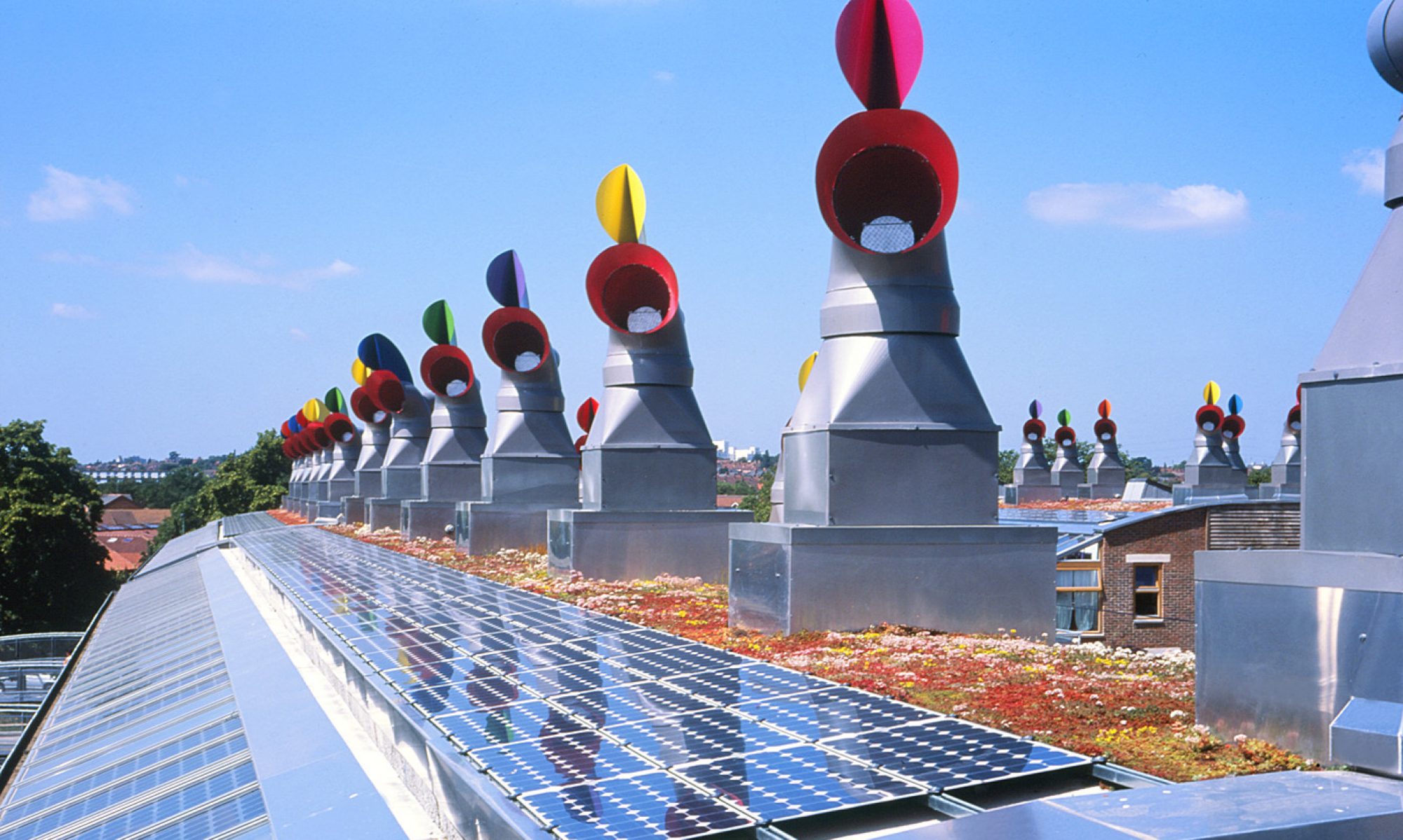This time the Chancellor’s target is the carbon minimum price support and business ROCs obligations following on from his £50 home bills handback – having been bounced into it by the Opposition’s unilateral £200 handback policy.

The case for supporting new green jobs, the inward investment, increased fuel security, greater energy bill savings – year on year, has been lost in favour of one-off bill reduction as the Government lines itself up for short term vote grabbing.
Is our government system so blinkered and lost to the bigger picture? Are our politicians so naïve?
Repeatedly the enormous opportunity to creating green jobs in energy efficiency and reducing energy use has been put to them. In principle using less energy means less of our hard earned income disappears overseas and into a Russian bank account. Instead it goes to creating employment and green businesses in the UK.
The idea that a £1 /week bill handback is a big deal is solely a media spin. This arbitrary £50 is out of an average bill of £1364/year. Surely the more logical way forward would be tackle the larger costs in this bill related to the number of kWhs people have to pay for? This could be so much more than £50/year saving. And the saving could be expanded year on year as energy efficiency mass rollout becomes cheaper.
The amount of cash the UK will well need to future proof our antiquated energy infrastructure is eye watering £330 billion. Has the Government got that cash? No, it is dependent on investment by the energy industry. Yet these short term headlines are the very things that are frightening off those same investors. They have cash to invest now, are largely foreign owned and will use it in other countries where they can predict government policy and investment returns. And will that cash be around later? No, we will have lost early-to-market advantage and every other country will be after that same investment.
Whether we like it or not future energy costs will continue to rise faster than inflation. There are 5 billion people in Developing Countries who want our standards of living but are currently using less than a fifth of the energy we currently use. And as China is showing, their growth in buying power outstrips ours. World costs for energy will continue to climb on the back of supply and demand. Our politicians are simply play King Canute all over again.
But my question is why all this is not the compelling case for green investment it appears to be? Why is it all this logic and much more is just ignored by our politicians? I suggest this is because we as an industry and we as a significant component of wider society are not putting together a coherent and joined up proposal.
I suggest this is all our fault. As an industry we are not good at presenting integrated arguments. We are fragmented and easily divided by single issue counter arguments. Our big corporates put only their narrow view silver bullets and accept politicians’ willingness to listen to big corporates in isolation. Our SMEs despair at making any meaningful contribution. We miss the point of joining up with the social and national finances aspects. We duck the issue of how this all weaves together for the common good. We talk in jargon and not plain English. We are not good at engaging and becoming part of the mass media. We are so selective in what we present such that real outcomes are never what we suggested. We as an industry have gained a reputation for failing on delivery (eg: Green Deal, reduced actual energy use, predicted vs actual energy use, greater new house numbers, homes that are affordable, etc…). Boy do we still have some lessons to learn.
Is it surprising the politicians do not listen to us?
Chris

